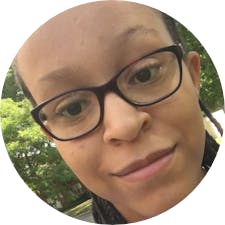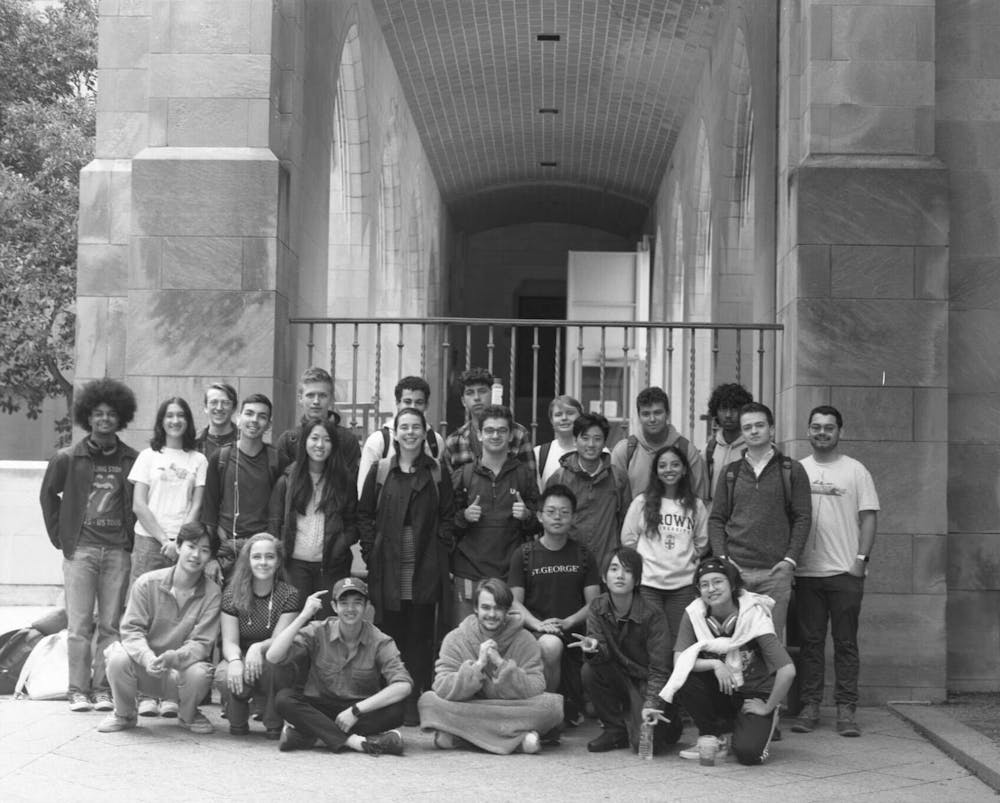Mac Hays ’24 knew he wanted to join the Brown Debating Union well before he first arrived on campus.
Hays, who has been debating competitively since his freshman year in high school, wasn’t enthusiastic about the activity when he initially got involved and learned about the workload involved. But after he began competing, Hays says he was “hooked.”
“Honestly, a part of the reason (that) I applied to Brown was (because of) the fact that it had a debate team.”
According to the Student Activities website, the BDU was initially established in 1824, making it the second-oldest debate group at an American college that’s active today.
The BDU primarily competes on the American Parliamentary Debate Association circuit, which offers competitors two kinds of tournaments known as case debate and motions debate.
Case debate occurs when “the government teams bring their own topics, and opposition teams learn the topic as the round begins,” whereas motions debate occurs when “the tournament sets pre-written topics, and each team has 15 minutes to prepare their assigned side,” according to the APDA website.
Each team is composed of two competitors and BDU sends these teams to compete at tournaments that take place throughout the competitive season, which typically lasts from August to April.
Like Hays, BDU President James Afford ’26 has also been doing debate for several years.
“The reason I did (debate) was mostly to improve my English and my confidence speaking in front of crowds,” he said. “I’d often be very nervous doing debate, but I started to really enjoy it and get better at it over time.”
While the BDU’s results have been “historically strong” according to Hays, this season has been particularly successful.
Currently, BDU has multiple competitors ranked inside the top 10 “speakers of the year.” This individual ranking measures which debaters have earned the most speaker awards throughout the season.
This list includes Hays and his debate partner Gabe Ritter ’25, who are also currently ranked as the fourth best “team of the year.” This ranking is determined by the number of elimination rounds that a team advances to throughout the season.
Andrew Monteith and Perry Beckett are currently ranked the third-best “team of the year.”
Monteith and Beckett are currently seniors at Bates College, though were able to re-affiliate with BDU after their program dissolved in February 2024. Their team engaged in a collective resignation in light of “broad equity concerns,” The Bates Student newspaper previously reported.
According to Afford, APDA allows students to re-affiliate with a different school in “exceptional circumstances,” allowing Monteith and Beckett to compete on behalf of Brown instead.
Out of all of the teams in the league, the BDU is ranked second on APDA’s “club of the year” list. This list measures competitive success using a points system, with better results corresponding to a higher number of points.
“The whole club (has) been working pretty hard to get points in,” Afford said. “Every time anyone (advances) in an event, they’re earning points toward our team.”
Hays added that several teams also found success at the North American Debating Championship.
“I think (this was) one of the first years where we’ve had three partnerships get to those elimination rounds,” he began. “We had two auto-qualify to nationals with sufficiently high placements there which was awesome.”
Though Hays emphasized the team’s results, he added that competitive success isn’t the sole priority of the organization.
“We are (also) in it for the social aspects, for the educational aspects and just how exciting and fun it is to do this activity with each other,” Hays said.
“The circuit that we’re on attracts a crowd of people who have incredible minds, are good at sharing their thoughts, (are) creative, but (are) also just kind to each other in ways that I don’t think are ubiquitous across all debate formats,” he added.
Mary Clarke ’26, who serves as BDU’s vice president of recruitment and training, also echoed Hays’ sentiment about the debate community.
“Of the student organizations that I’m in, BDU has the strongest and most consistent connections with students across schools,” Clarke said in an interview with The Herald. “It’s so great to be able to meet other people from other schools who are (pursuing) entirely different fields of study who are from entirely different places.”
Clarke also echoed the importance of inclusivity in fostering a successful competitive environment.
“When you create that environment where everyone feels good and happy about doing (debate), it is easier to be less stressed about what’s happening and to be more focused on genuinely learning from it,” they said.
“I would say (that) the culture that we have that allows us to do things like that and to prioritize everyone’s comfort in the debate is why we’re doing (well) right now,” Clarke added.
BDU’s Vice President of APDA Administration Marcelo Rodriguez Parra ’26 also cited the recruitment structure as one of the reasons why BDU is so accessible, noting that the organization doesn’t “cut” any of its members, meaning that anyone can compete.
Rodriguez Parra, who is an international student from Peru, described the language barrier as one of his primary challenges when joining BDU.
“I’ve only debated in Spanish ever and I didn’t have any English-speaking debating experience, so I probably would not have passed any of those tryouts,” he said in an interview with The Herald.
Rodriguez Parra added that the organization’s financial accessibility has also been crucial.
“I get to go to all of these beautiful colleges in the Northeast for free,” he said. “The funding that we receive generally allows us to … support every single one of our members.”
Moving forward, Rodriguez Parra, who is also a Bonner Fellow in the Swearer Center, plans to help expand BDU’s impact in the Providence community.
“Being able to meaningfully engage with the rest of Providence and Rhode Island communities is something that should be at the center of our (work) next year,” he said.
Rodriguez Parra specifically cited the Rhode Island Urban Debate League, which “provides a vibrant and dynamic platform for students to refine their critical thinking and communication skills,” reads the RIUDL website.
“For example, coaching or making sure that we are able to assist them with the academic resources that we do have could be really helpful … particularly when it comes to engaging with … underfunded schools on this side of Providence,” Rodriguez Parra said.
As Hays prepares to graduate from Brown, he expressed his hope for the organization moving forward.
“I really think the most important thing to me for the future of the BDU is getting more people involved from diverse experiences, backgrounds and perspectives,” Hays said. “I found success in APDA, not just in terms of competition, but in terms of finding a space for me that is very welcoming, empowering and incredibly fun.”

Aniyah Nelson is a University News editor overseeing the undergraduate student life beat. She is a senior from Cleveland, Ohio concentrating in Political Science and Sociology. In her free time, she enjoys listening to music and watching bloopers from The Office.





